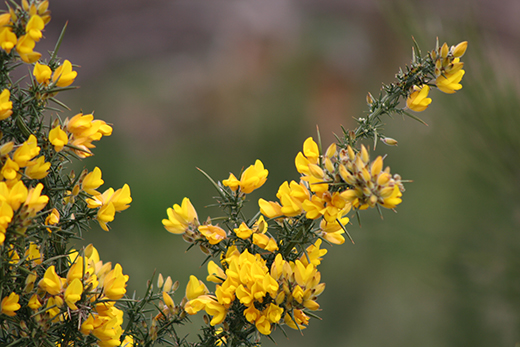The true cost of weeds to New Zealand’s agricultural economy is likely to be far higher than previous research would suggest, according to a new study funded by AgResearch.
AgResearch and Scion scientists worked with economists from Lincoln University’s Agribusiness and Economics Research Unit to review the available published research on the costs of weeds to New Zealand’s productive land (for the pastoral, arable and forestry sectors). That review reached a conservative overall estimate of $1.658 billion a year (based on 2014 costs).
“The research on weed costs done previously used differing approaches, and the numbers were sometimes outdated or contained guesswork,” says AgResearch principal scientist Dr Graeme Bourdôt.
“In addition, the estimate of $1.658b only covers the few weed species –10 of the 187 pasture weeds, some arable land weeds and forestry weeds – that have been the subject of research into their impacts. The focus has largely been on the loss of production. The substantial costs of weed control, such as the use of herbicides, was not always considered.
“Given all of these limitations, the true cost of the weeds to the agricultural sector is likely to be much higher than the $1.658b estimate.”
Destructive weeds
The study looked at the economic impact of some of the more widespread and destructive weed species such as gorse, broom, yellow bristle grass and Californian thistle.
“We also developed a dynamic approach for estimating the potential costs of weeds that have not yet realised their potential range in New Zealand, taking account of possible rates of spread, maximum geographic extent and changes in consumer prices for agricultural products,” Graeme says.
“This dynamic approach applied to the Giant Buttercup weed in dairy pastures indicates that this weed alone would cost the dairy industry $592 million per year in lost milk solids revenue if it were to spread across its entire range over the next 20 years.
“New Zealand has one of the highest levels of invasion by introduced plant species in the world and there has always been a shortage of information when it comes to their economic costs on productive land.
“Knowing more about these costs is important to developing cost-effective ways to tackle weeds, and in quantifying the benefits of research aimed at keeping us ahead of the game.”







0 Comments
Leave a Comment